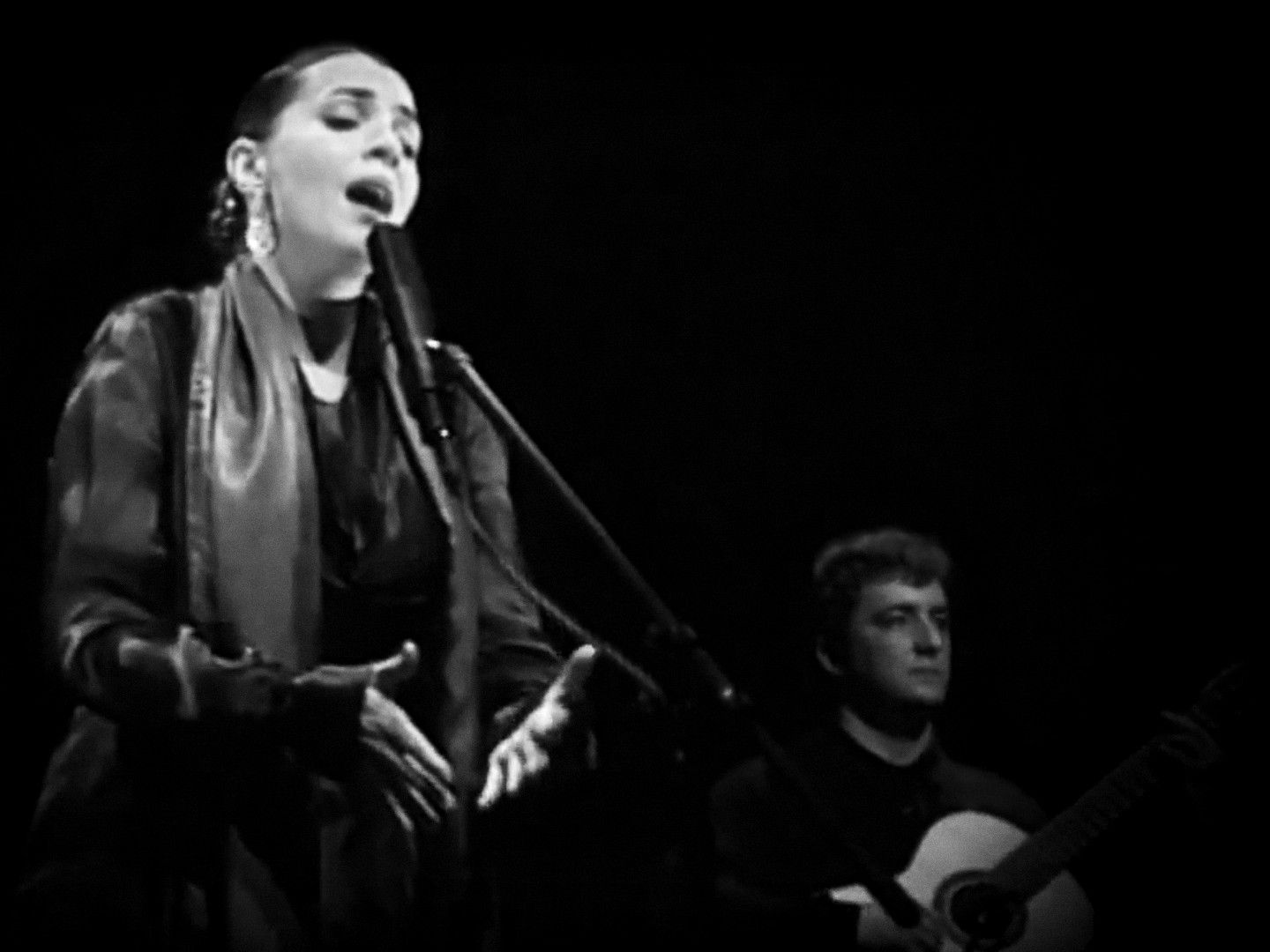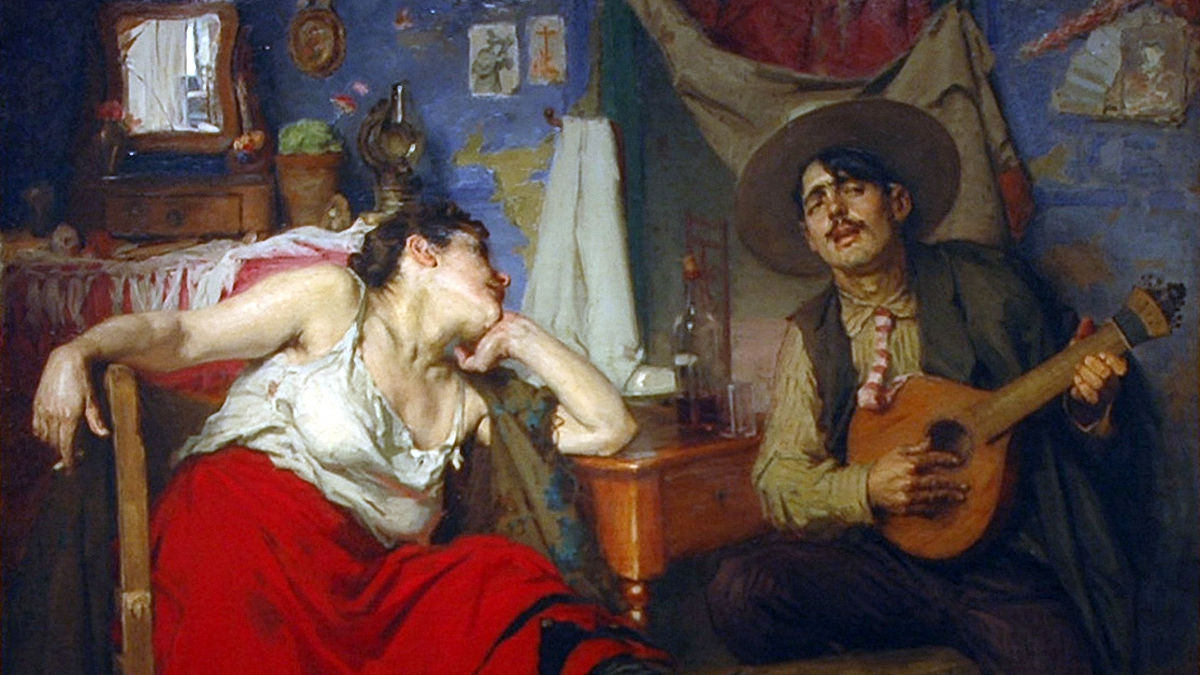Césaria Évora "Sodade" (Longing)
Césaria Évora "Sodade" (Longing) live in Paris, 2004
Words and Music: Amândio Cabral
First appeared on Césaria Évora's 1992 album "Miss Perfumado"
The words are sung in the Portuguese-based creole language spoken on the Cape Verde islands, where the song was written sometime in the 1960s. The song is now sung throughout the Portuguese-speaking world, and here we present several versions. It is one of the most famous examples of Morna, the plaintive ballad style of the islands.
Cabo Verde became independent from Portugal in 1975, after the Portuguese revolution brought the colonial wars to a close. Cabo Verde later split off from Guinea-Bissau, on the African mainland, from where it had been run during Portuguese rule.
"Sodade" seems to mean the same as the Portuguese word "saudade" [sad, alone, yearning, pining, missing you etc], but the music sounds more laid back than, for example, Fado.
What it's about: The singer is missing home and someone far away, and regretting their parting. So it is a classic song of homesickness, and of pining for someone, hence its universal appeal.
Who showed you this long path
Who showed you this long path
This path to São Tomé?Longing, longing, longing
for my homeland of São NicolauIf you write to me, I'll write to you
If you forget me, I'll forget you
Until the day you returnWho showed you this long path
Who showed you this long path
This path to São Tomé?Longing, longing, longing
for my homeland of São Nicolau.
Tito Paris in a live performance for a radio


